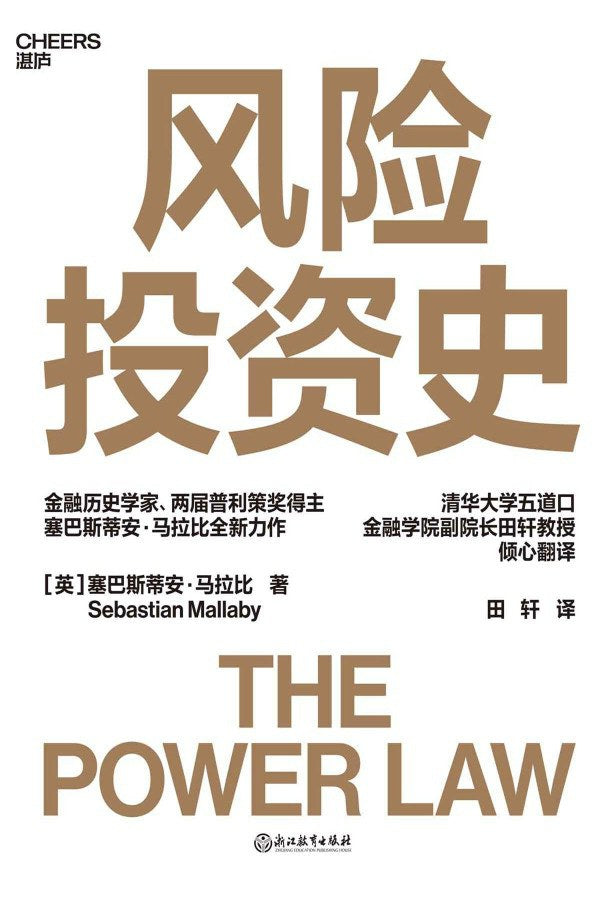WULOLIFE
《风险投资史》作者: [英] 塞巴斯蒂安·马拉比 出版社: 浙江教育出版社
《风险投资史》作者: [英] 塞巴斯蒂安·马拉比 出版社: 浙江教育出版社
Sale
Sold out
Regular price
€30,00 EUR
Regular price
Sale price
€30,00 EUR
Unit price
per
Tax included.
Shipping calculated at checkout.
Couldn't load pickup availability
Description
内容简介 · · · · · ·
那么请读这本。
●这是风险投资真实运作的故事。在很多人的印风险投资一直是神话般的存在,掌握着改变风向和创造巨额财富的密码。这本书可以帮助你打开风险投资神话般的外壳,如穿越时间的虫洞般,窥见其中关于人性、时代、财富甚至资本善恶的秘密。它将硅谷传奇企业与人物的故事与对风投行业发展脉络的洞见交织起来,首度权威揭秘硅谷指数级技术革命背后的千亿资本运作实情。
●它揭示了驱动风投行业、整个硅谷乃至整个世界的基本原理——指数法则。风投的蕞大秘密是蕞佳投资所创回报等于或超过基金其他部分的收益总和。成也正因如此,风险投资有着对于风险的偏好和对失败的宽容,他们面对巨大的不确定性敢似疯狂的梦想,就越有价值。风险投资不只是一个生意,也是一种能带来社会进步的方法、思维方式和哲学,通过大胆支持勇敢的创新者风险投资本身就是巨大的创新。
作者简介 · · · · · ·
塞巴斯蒂安·马拉比
美国外交关系委员会保罗·沃尔克国际经济高阶研究员,曾任《金融时报》缈The Man Who Knew)、《富可敌国》(More Money Than God)等。
